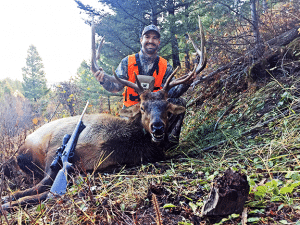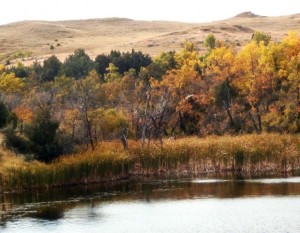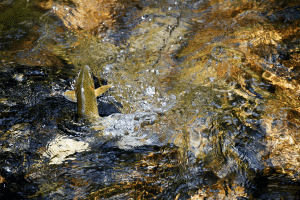
Restoring the Land and Water Conservation Fund
At the end of September, Congress allowed the 50-year old Land and Water Conservation Fund (LWCF) to expire. LWCF is one of the nation’s most important programs, funding the acquisition of public land and public access. In Montana, the program has funded projects in every county of the state, including everything from wilderness lands to local soccer fields. It has been crucial to our state’s unmatched access to the outdoors and abundant wildlife populations.
Unfortunately, the authorization for LWCF expired at the end of September, endangering future conservation projects. Senator Jon Tester has long been a champion for permanent authorization and full funding for LWCF, and in recent months he has been joined by both Senator Steve Daines and Representative Greg Gianforte in supporting this important Montana priority. LWCF also enjoys broad, bipartisan support nationwide.
During the closing weeks of the year, MWF will be working with our partners in Montana and across the nation to secure permanent reauthorization and full funding for LWCF.





